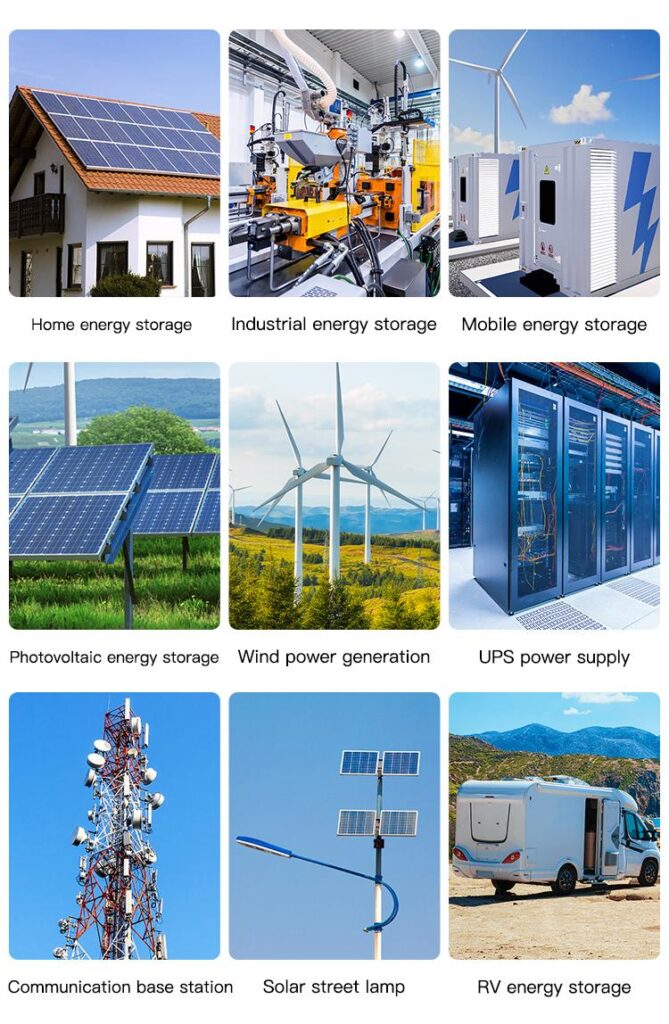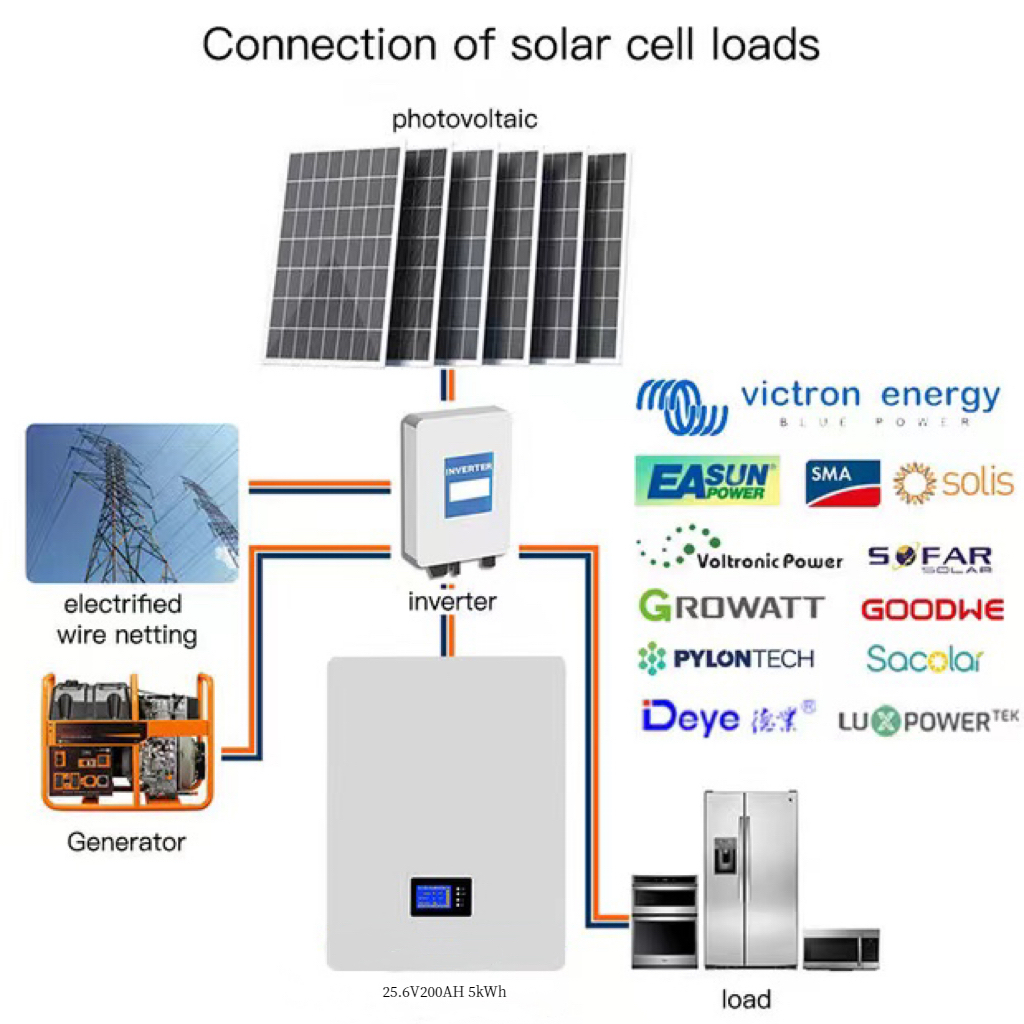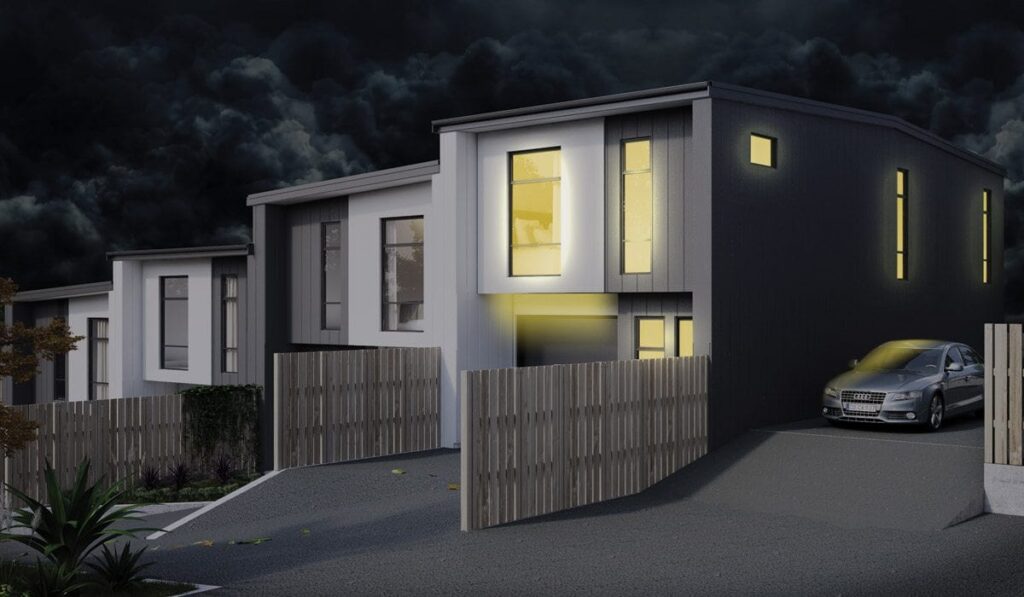When choosing the right solar power system, the following key factors need to be considered:
Electricity Demand and Time
Clarify the electricity consumption and time of the household, which is the basis for choosing a solar energy system. This information can be obtained by checking your electricity bill or by using an electricity monitoring device. At the same time, it is necessary to consider future trends in electricity consumption to ensure that the chosen solar power system can meet demand in the long term.

Roof condition
Solar energy systems often need to be installed on rooftops, so the condition of the roof is crucial. First of all, to determine the area and orientation of the roof, a south-facing roof is the most ideal choice, as it provides maximum sunlight reception. Secondly, the load-bearing capacity of the roof needs to be considered to ensure that the installation of the solar power system does not cause damage to the roof structure. Finally, also check for rooftop shelters, such as trees or buildings, to make sure the solar panels are fully exposed to the sun.
Budget and payback
Consider the costs of purchasing, installing, and then operating and maintaining a solar power system. At the same time, it is important to assess the return on investment of the system, taking into account the expected electricity generation of the system and the savings on electricity bills.

Lighting conditions
Lighting conditions affect the power generation efficiency of a solar power system. Therefore, factors such as light intensity, length of daylight hours, and seasonal variations at the installation site must be studied and determined to ensure that the system’s power generation efficiency meets expectations.
System Performance
The power of the system should be determined according to the electrical load and the expected light intensity. In order to avoid a shortage of capacity, a certain margin is usually added when calculating capacity.

Choosing a module
Solar panels are the main components of the system, and their performance depends on the quality of the materials and the manufacturing process. Therefore, when selecting a solar power generation system, it is necessary to select modules that meet the technical characteristics and reliability in accordance with the actual needs to ensure the stability of the system’s power generation.
Efficiency and power output
These two parameters are important indicators for evaluating the performance of a solar energy system. High-efficiency photovoltaic cells can make better use of solar energy and improve the efficiency of power generation. The power output determines the power that the system can provide continuously and must be selected according to the expected power demand.
Thus, choosing the right solar power system requires a combination of factors, including electricity demand, roof condition, budget, lighting conditions, system capacity, module selection, and efficiency and power output. Before making a purchase and installation decision, it is recommended to consult a professional solar company or engineer who can provide professional advice and solutions according to the specific situation.
